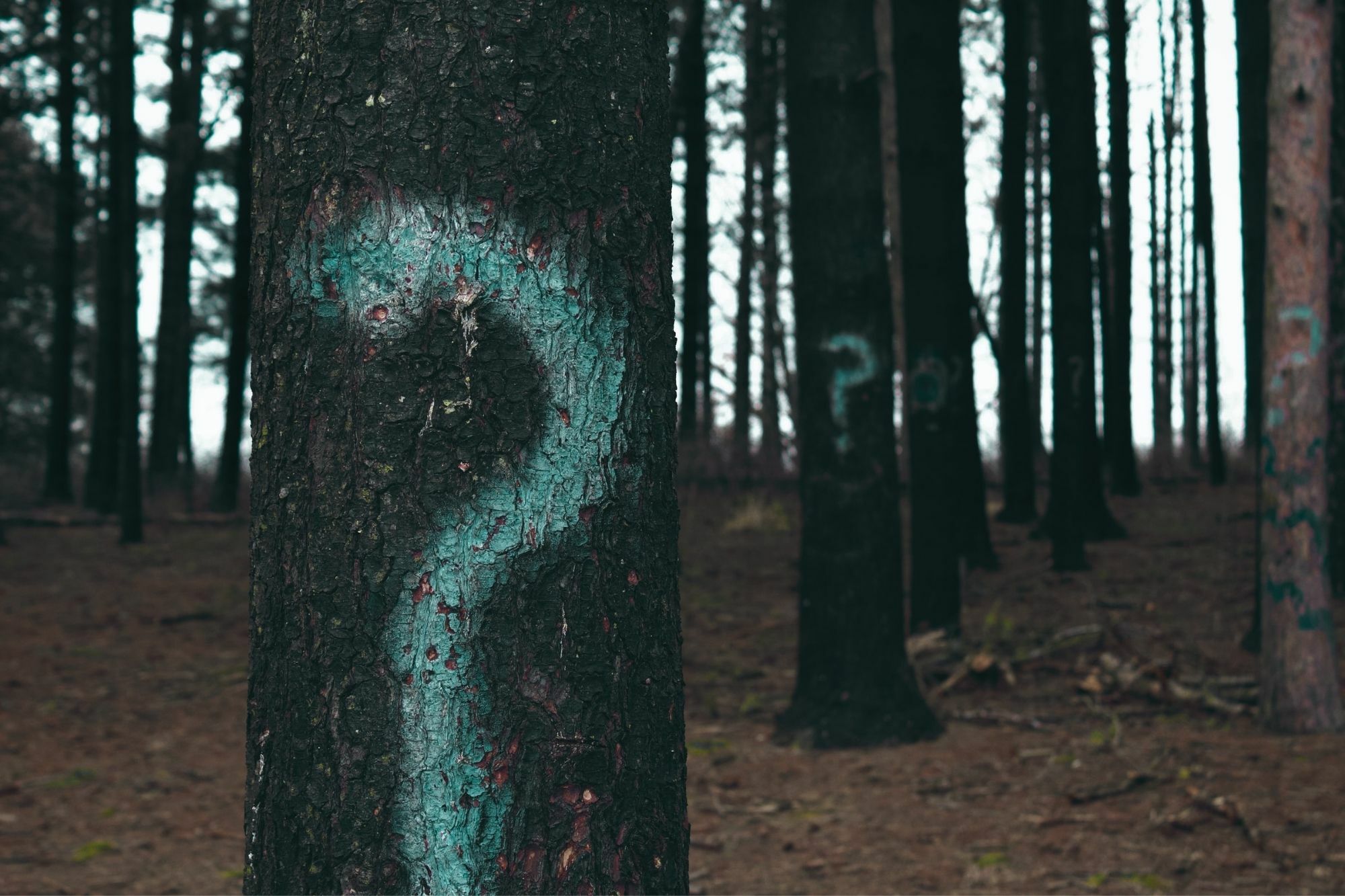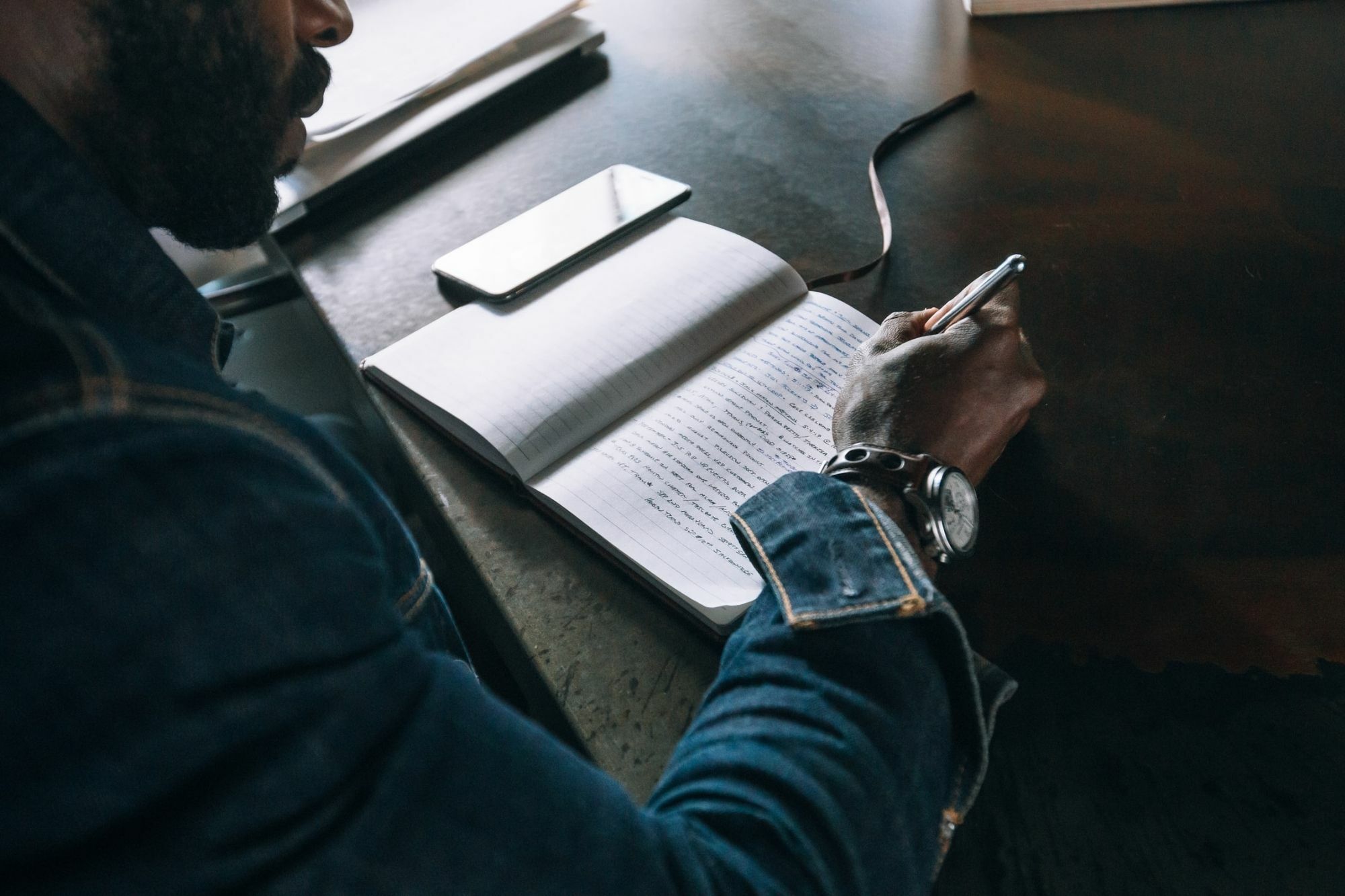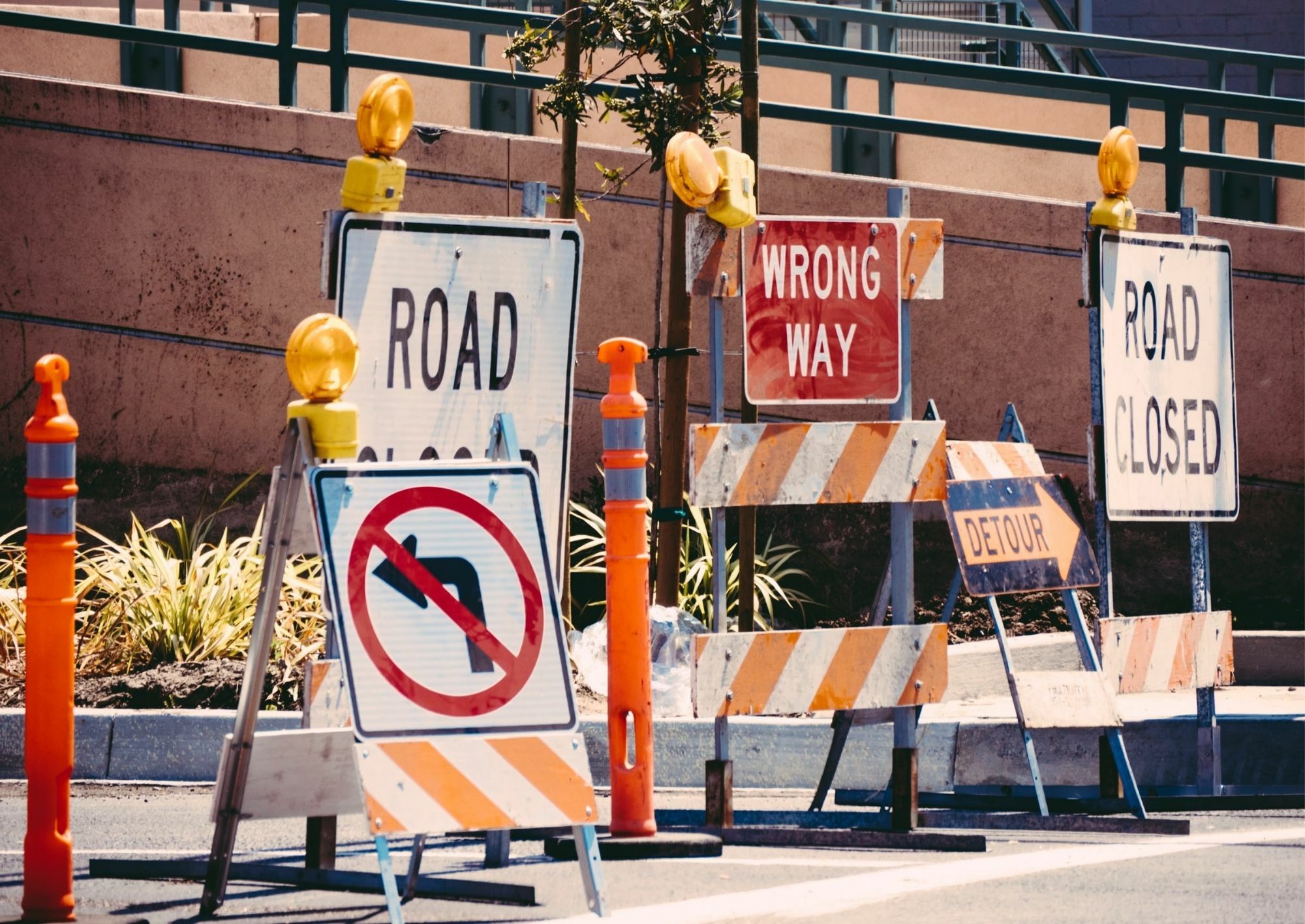Being prepared for a conversation about pornography with your child can help you to feel more confident and comfortable – particularly if this talk feels a bit challenging.
Below are some steps you can consider for your preparation.
1. Learn about the issues
It is completely reasonable that most parents do not have a good sense of how pornography is impacting on young people today or what they can do about it. Pornography’s prevalence and nature have changed enormously from when parents were young. Learning about the issues is the first step to being ready to talk with young people about pornography.
2. Reflect on your responses and hopes
What do you think and feel about what you have learnt about pornography and its impact on young people? What do you hope for your child and for your conversations with them? What are the key things you want to communicate about pornography? How do they connect with your values and beliefs?
Do you have any concerns or fears about the issues or having a pornography talk? What do you think your reaction will be if your child shares something that makes you uncomfortable? What can you do to help yourself stay calm and reasonable?

3. Identify the key things you want to communicate beyond messages about pornography
What are the key things you want your child to come away from the conversation with beyond any messages about pornography?
For example, you may wish to communicate – through your words but also through your tone and approach – that you care about them, you are interested in what they think and feel, you want to support them to have great relationships, and you would like them to feel comfortable to talk with you about anything.
4. Share with others
Challenging tasks are best shared. Talk with people who can support you to work out how you will approach the issues with your child. They may be friends or family members, or perhaps a professional, such as a local youth worker or school counsellor. Explore any questions or concerns you have and how they may be addressed.

5. Develop a plan
Get practical about how you plan to have the pornography talk. How will you introduce the issues? When? Where? Will you raise pornography directly or via a related topic like sexualised advertising? Reflect on your key aims and messages and consider what might help you achieve them.
Remember that things often do not go to plan, and you may need to change things in the moment – but doing the preparation beforehand can help you stay focused and know the key things what you want to achieve, even in changing circumstances.
6. Start a conversation…
Put your plan into action. Remember that sometimes what we communicate with our tone and actions – like listening carefully, not just talking – are the most important things.
7. Check in with your child
If you feel like it is appropriate, ask your child how they feel about the conversation. You can ask at the time, or you may prefer to do so a day or more later. Ask them if they have any further reflections, or would like to talk about anything else. Remind them that you are happy to talk with them, and you will probably raise this issue again in future.
8. Reflect, debrief and plan ahead
Talk about how you feel about your pornography talk with the people who have supported you. Be careful not to breach your child’s confidentiality. If you feel you need to talk about something they said that is private, think carefully about who you will talk with and how much information you will give them. Questions to explore include: What worked well? What would you do differently next time? How will you continue exploring the issues in future conversations?
Learn more about How to have the conversation.
Help and support
If a young person needs additional help for their pornography use, they may be able to access support through a student counsellor, wellbeing coordinator, student support services or any other trusted school staff member. Their doctor will be able to help with referrals to services such as counselling and youth services.
If they have experienced sex that is unwanted, pressured, coerced or forced, they can get support through a sexual assault service. For a list of sexual assault services in different jurisdictions, see: respect.gov.au/services
If a young man wants to learn about engaging in more respectful relationships, they can contact MensLine Australia on 1300 78 99 78 or via mensline.org.au
If a young person has experienced online bullying, they or a parent can contact the eSafety Commissioner: esafety.gov.au/about-us/how-we-can-help
Additionally, Kids Helpline supports young people aged 5-25 with a range of issues and can be contacted on 1800 55 1800 or via kidshelpline.com.au





